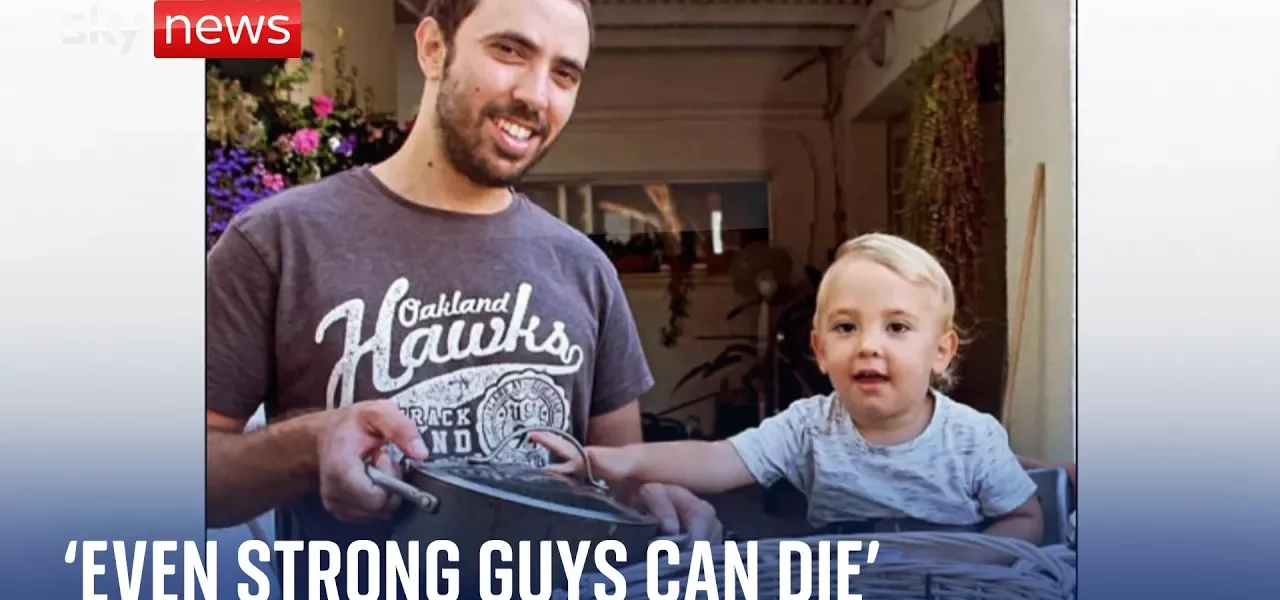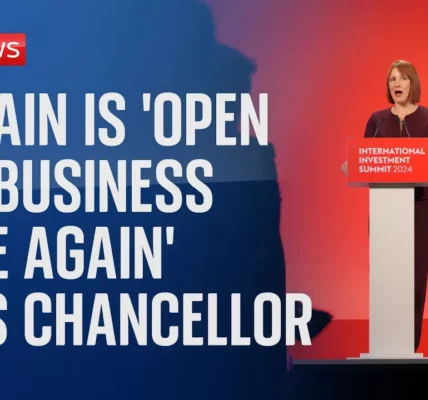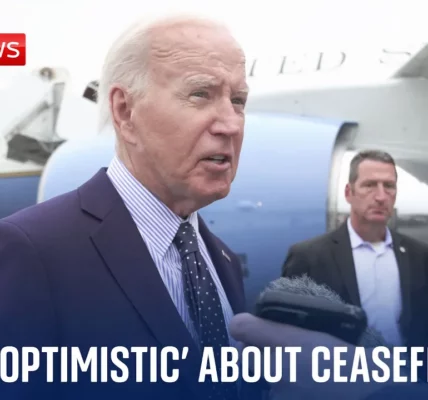The Heart-Wrenching Story of Families Awaiting News After the October 7th Atrocities

This article delves into the profound emotional struggles faced by families of hostages taken during the tragic events of October 7th. It highlights the heartfelt account of Gillad Kold, who shares his personal journey as he seeks to reunite with his son, Tal, amidst the ongoing turmoil in Gaza.
Introduction
The October 7th events marked a tragic day for many families in Israel, leading to widespread heartbreak and uncertainty. Among those affected is Gillad Kold, whose son Tal was captured alongside his family during a visit to Kibbutz Be’eri. The emotional toll on families like Gillad’s is immense, as they grapple with the fear and anxiety of not knowing the fate of their loved ones. This article aims to provide a comprehensive overview of the challenges faced by these families, the broader implications of hostage situations, and the call for international action to secure their return.
The Personal Story of Gillad Kold
Gillad Kold’s narrative is one of desperation and hope. His son, Tal, who is a devoted father to two young children, aged four and nine, became a hostage during the October 7th attack. The family had gathered in Kibbutz Be’eri to celebrate the holiday, but their plans were abruptly shattered. Since that day, the Kold family has been in a constant state of anguish, waiting for any news about Tal’s well-being.
The Impact on Family Life
The emotional and psychological impact on Gillad’s family has been profound. His daughter-in-law and grandchildren are struggling to cope with the trauma of the situation. Key challenges include:
- Emotional distress and anxiety in children.
- Difficulty in maintaining a semblance of normalcy in daily life.
- Strain on relationships as family members cope differently with the trauma.
The Call for Action
Gillad expresses frustration towards the perceived lack of urgency from his government and international authorities regarding the hostage situation. He emphasizes the need for a concerted effort to prioritize the release of hostages over political negotiations.
Government’s Responsibility
According to Gillad, the Israeli government must take immediate action to secure the release of hostages. He suggests that:
- The government should prioritize negotiations with groups holding hostages.
- International allies, including the United States and European nations, must exert pressure to facilitate these negotiations.
- Public awareness should be raised to mobilize support for hostage families.
The Role of International Community
Gillad calls upon European nations and the global community to recognize their responsibilities in this humanitarian crisis. He argues that:
- Countries should advocate for peaceful resolutions to conflicts.
- There should be a unified call to action to bring attention to the plight of hostages.
- Efforts to mediate between conflicting parties must be prioritized to ensure hostages’ safe return.
The Psychological Toll on Children
The psychological impact on Tal’s children, especially the youngest, is particularly concerning. They have witnessed traumatic events and are left with a profound sense of loss and fear. Gillad highlights the need for mental health support for these children, which includes:
Trauma and Recovery
Children exposed to violence and loss often experience:
- Fear of separation from remaining family members.
- Difficulty in processing grief and loss.
- Potential long-term psychological effects if not addressed adequately.
Support Mechanisms
Gillad emphasizes that without their father, recovery for his grandchildren will be challenging. He advocates for:
- Access to counseling and therapy services.
- Support groups for families of hostages.
- Community initiatives to provide safe spaces for children to express their feelings.
Conclusion
The ongoing situation surrounding the hostages taken on October 7th continues to be a source of heartache for families like Gillad Kold’s. His passionate plea for action highlights the urgent need for governmental responsibility and international support in securing the release of the hostages. As the world watches, it is crucial that we remember the human stories behind these tragedies. The time for action is now—every effort must be made to bring these families back together. We urge readers to stay informed, advocate for peace, and support initiatives aimed at resolving this crisis.
For further reading on the impact of hostage situations and ways to support affected families, please visit our related articles on this website.
“`




